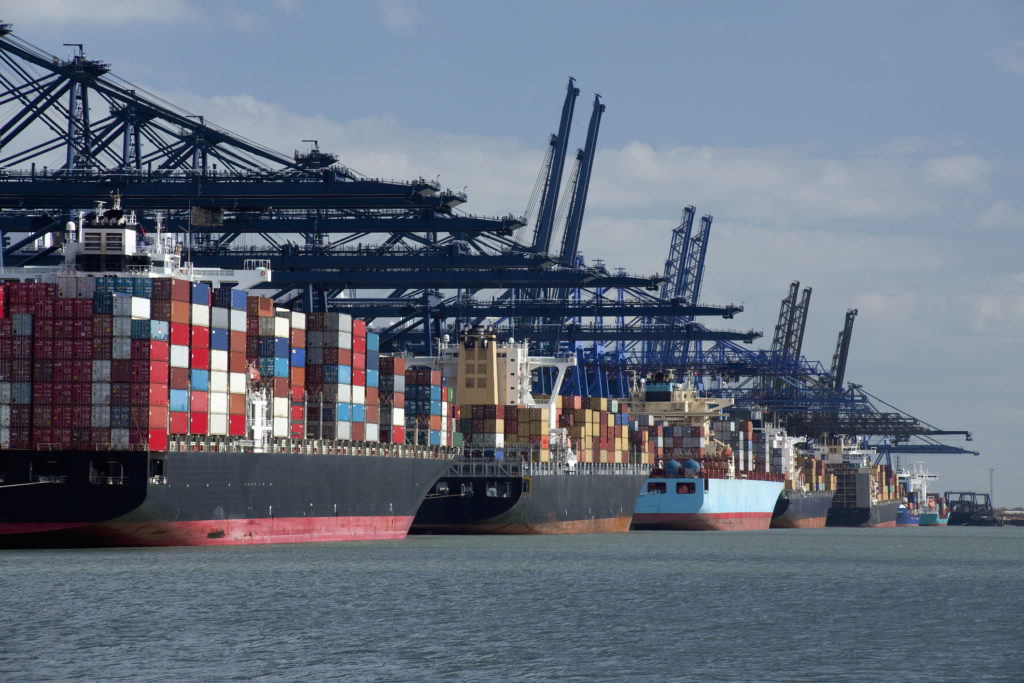From the beginning of the COVID-19 Pandemic, there have been disruptions in the global supply chain. Early on, many factories around the world shut down due to sick workers or lockdowns. Others boosted production to meet the surge of demand as consumers shifted toward online shopping. These demands came in droves, clogging the supply chain system in multiple areas shipping containers began piling up in ports and warehouses all over the world, some companies began to order extra and earlier in lieu of getting product in before the holidays, further choking the network.
In particular, the twin ports of Los Angeles and Long Beach in California have been overwhelmed by the arrival of a vast quantity of ships and goods. According to a CNN report from October 2021, the average wait time for cargo ships to dock was about 10 days. Even when they unloaded, most containers waited over a week to be transported. Ports continue to struggle with an insufficient number of containers for trucks, overtaxed facilities, and a lack of drivers. This crisis has had far-reaching effects, affecting even us here at Queens College.
The Knight News spoke to Queens College student Felicia Dixon, 20, a junior Art History major, about changes she’s observed as this crisis progresses. Dixon works part time at the Baker’s Bounty stand at the Sunnyside Greenmarket in Queens, and she’s seen a jump in prices since she began in March of 2021. She told the Knight that “I’ve seen the price change twice and I’ve been [at Baker’s Bounty] for less than a year. It’s small changes but still they’re impactful.” When asked about potential fluctuation in clientele since these price alterations, she mentioned the customers are still regulars, but their products don’t sell out as well as they used to because of how expensive everything is. She added, “Last week, this person came up to us and saw the croissants… it’s a pretty big croissant… but people still look at them and say, ‘That’s $5?! That’s city prices!’”
QC is also feeling the effects. Zeco Krcic, Assistant Vice President for Facilities, Planning and Operations at the college commented, “All campus operations and capital projects have been affected by the national supply chain issues.” He assured they continue to work with Sunny Virk, Director of Procurement at the college, and his purchasing team to “ensure that goods and materials needed are procured in a most effective manner so that facilities operations meet the service standards our community needs.” While citizens living around shipping areas grapple with the emitted pollution and local grocery store prices reach record highs, companies wrestle with backlogs and massive costs. As ports continue to work through constraints, experts are uncertain when this global congestion will clear up.











